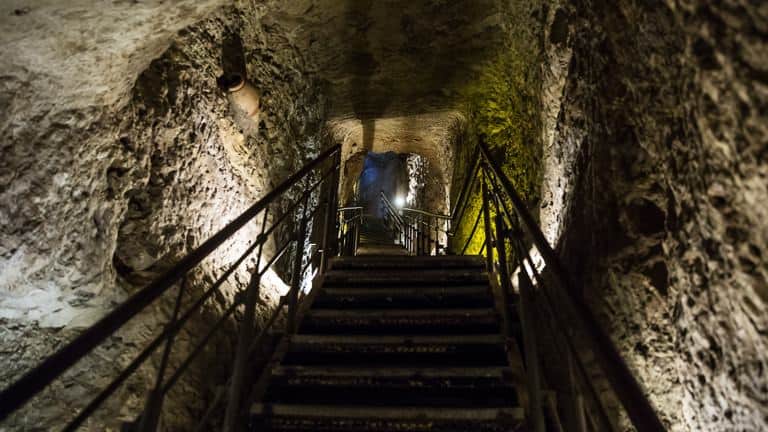Hezekiah’s Tunnel


Jerusalem was an amazing city with one glaring weakness: a vulnerable water supply. In ancient days, an enemy could simply deprive the city of water by cutting off its overground conduit and wait.
To solve this problem, Hezekiah dug a tunnel. We read about it in a few verses of the Bible, including this one:
The rest of the deeds of Hezekiah and all his might and how he made the pool and the conduit and brought water into the city, are they not written in the Book of the Chronicles of the Kings of Judah? (2 Kings 20:20)
Hezekiah’s engineers dug a curving tunnel that’s 533 meters long. Two teams started digging on either end, and amazingly, they managed to meet in the middle despite the obstacles and turns.
Hezekiah’s tunnel is an engineering marvel. You can still see it today. It seems like it would have been a good idea, but Isaiah , who lived at the time, slammed Hezekiah (Isaiah 22:11-14). The critique: he trusted in himself rather than trusting in God.
Self-sufficiency kills. Calvin writes:
Instead of resorting first of all to God, as they ought to have done, they forgot and despised him, and directed their attention to ramparts, and ditches, and walls, and other preparations of war; but their highest defense was in God.
All of this has got me thinking: What if we today are building the equivalent of Hezekiah’s tunnel in our churches?
I’m grateful for all the ministry principles that make sense. We can learn from best practices from other churches and even from the world in general. They makes sense — but then again, so did Hezekiah’s tunnel. We can begin to rely on our strategies more than we’re relying on God.
Let’s learn and implement what we can. But let’s never think that best practices are any substitute for God. Let’s be wary of shoring up the church’s defenses through our own strategies instead of relying on what God has promised to do.






